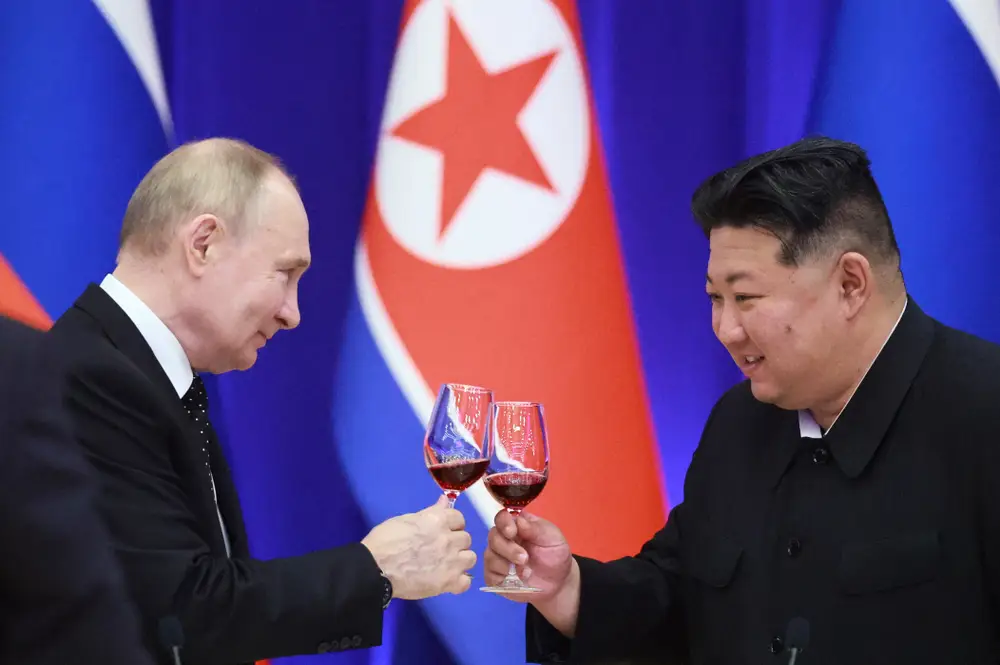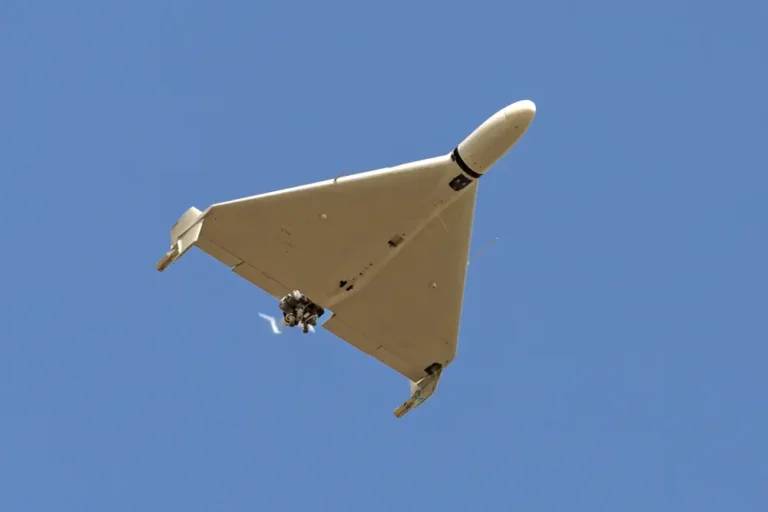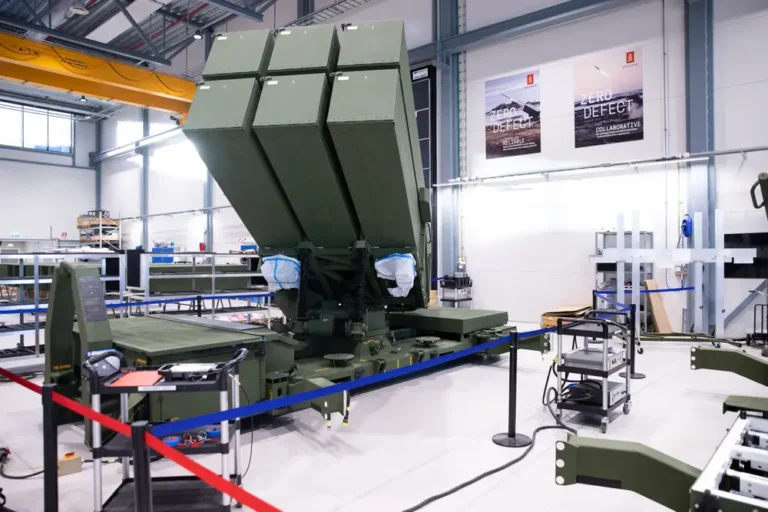North Korea is cozying up to Russia. For China, that may be no bad thing.

Russian President Vladimir Putin and North Korean leader Kim Jong Un toast in June 2024, during Putin’s first visit to North Korea in 24 years.
Russian President Vladimir Putin on Thursday appeared to confirm reports that North Korea had sent thousands of troops to eastern Russia.
It pointed to deeper ties between the two authoritarian regimes, which could extend to North Korean soldiers fighting in Ukraine.
Some analysts say North Korea’s main backer, China, will be unhappy about the intensifying of relations.
“There is nothing good for them in this, short or long term,” Victor Cha, a Korea expert at the Center for Strategic and International Studies in Washington, told The New York Times.
China’s foreign affairs ministry on Thursday said only that it was “not aware of the relevant situation” between Russia and North Korea.
Experts told B-17 that the bland statement could mask a situation that is in fact to China’s benefit.
An authoritarian nexus
“Officially, they might not really welcome it, they might see it as an alarming situation,” said Jagannath Panda, head of the Stockholm Center for South Asian and Indo-Pacific Affairs.
“But the Chinese are waiting for an opportunity where North Korea, Russia, and China can come stronger together, and I think North Korea sending the troops to Russia is a testimony to that.”
Panda said that China’s strategic goal is to build an authoritarian nexus that would undermine the current world order. The growing alliance between North Korea and Russia, he said, is a step toward that.
China has enough influence over both Russia and North Korea to shape their alliance, according to Sari Arho Havrén, an associate fellow at the UK’s Royal United Services Institute.
China has provided Russia with crucial diplomatic and economic support as it has faced sanctions over its invasion.
The US has said China is also giving Russia increased support for its weapons industry.
For North Korea, China has long been its most important ally, providing trade, diplomatic support, and military aid to Kim Jong Un.
“It is worth keeping in mind that North Korea and Russia have not moved closer without China’s blessing,” said Havrén, who specializes in China’s foreign policy.
“Both are dependent on China and to let them do the public dirty work allows China to continue driving on two wagons simultaneously,” she said.
One thing that might worry Beijing, she said, is that the alliance drives South Korea closer to its rivals in NATO and Japan.
Closer than ever
Not everyone agrees that China favors the alliance. Ali Wyne, a senior Eurasia advisor at the Crisis Group think tank, called the Russia-North Korea alliance an “unanticipated diplomatic headache” for China.
“While Pyongyang cannot afford to alienate Beijing, this outcome suggests that North Korea feels increasingly comfortable defying China’s wishes, not only by increasing its nuclear and missile provocations in the Indo-Pacific but also by fueling an armed conflict in a different theater at a time when Beijing seeks to portray itself as a potential peacemaker,” said Wyne.
Jim Hoare, a former UK diplomat who was posted to North Korea, told B-17 that even if China was frustrated by North Korea’s increasing closeness to Russia, it should bide its time.
“I suspect that they will hope that the North Korea-Russia relationship will, as in the past, eventually sour and that the North will again turn to China, which has a much longer tradition of links,” said Hoare.






